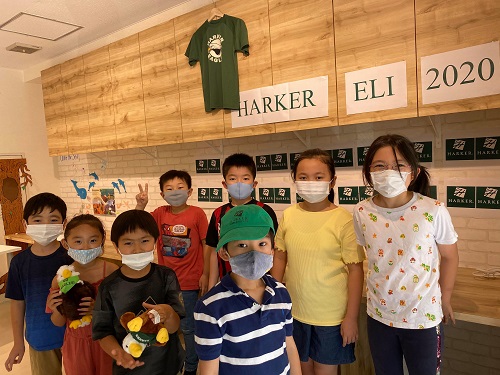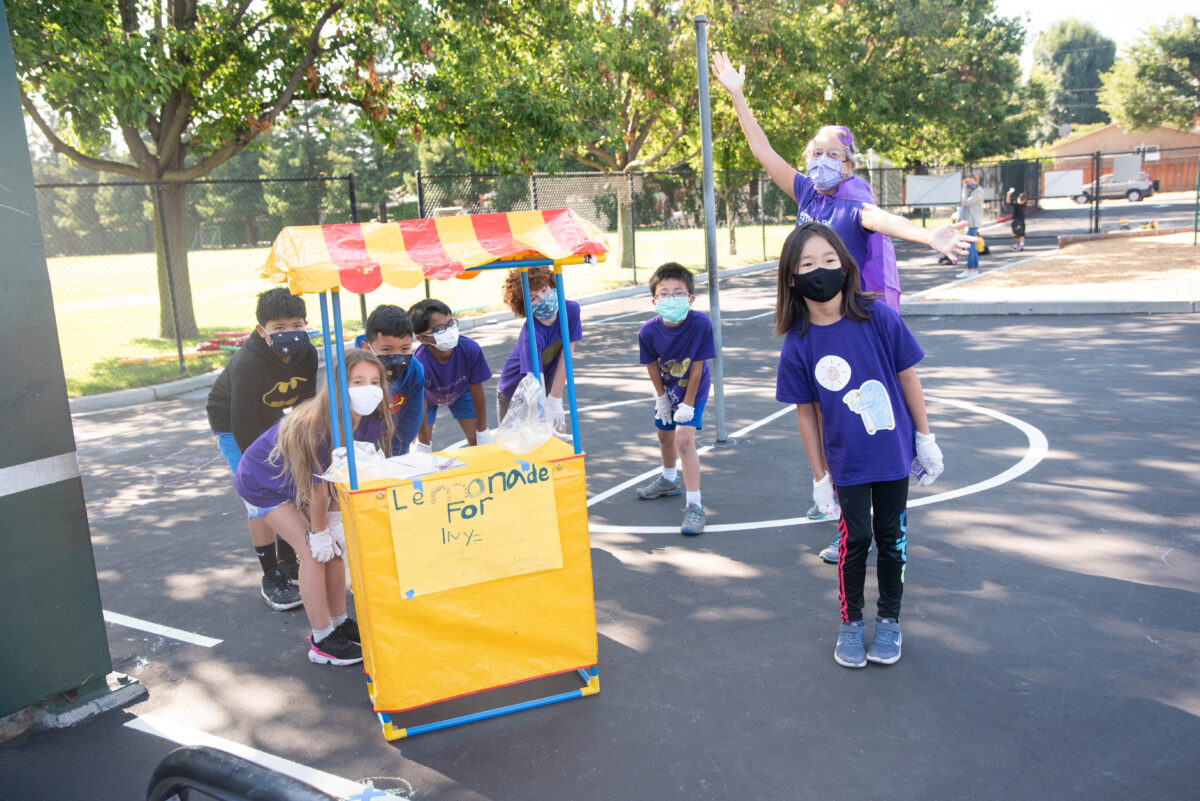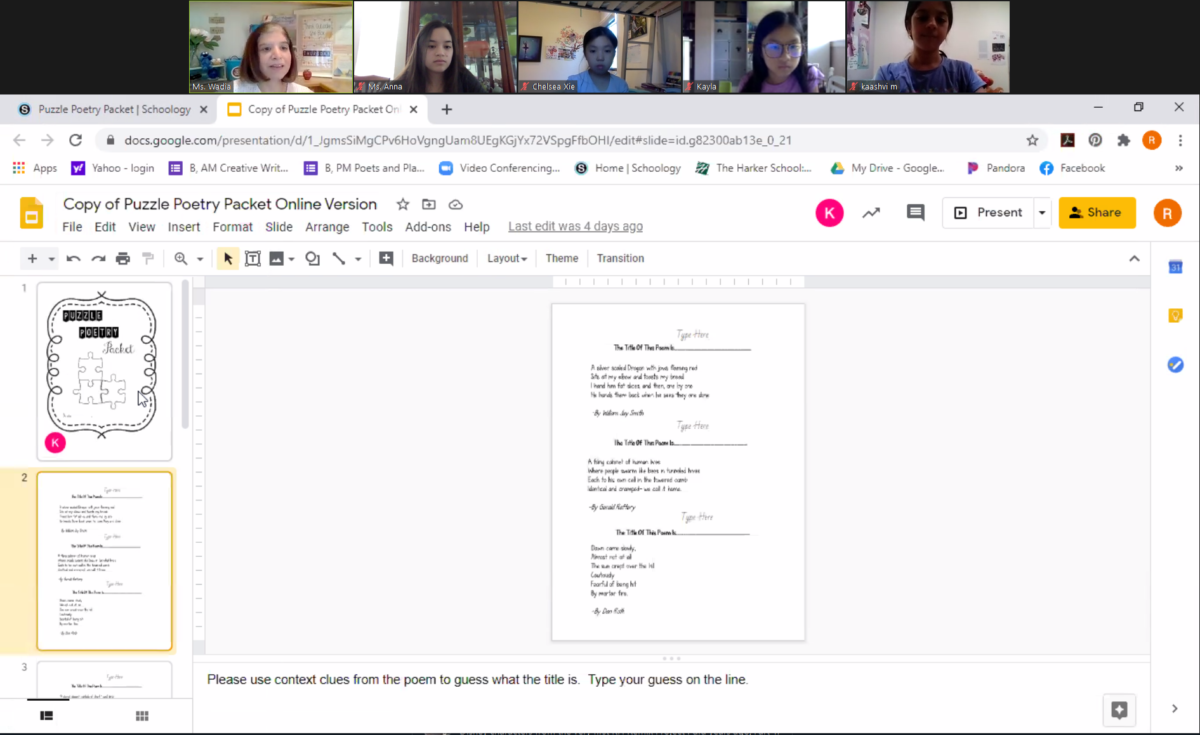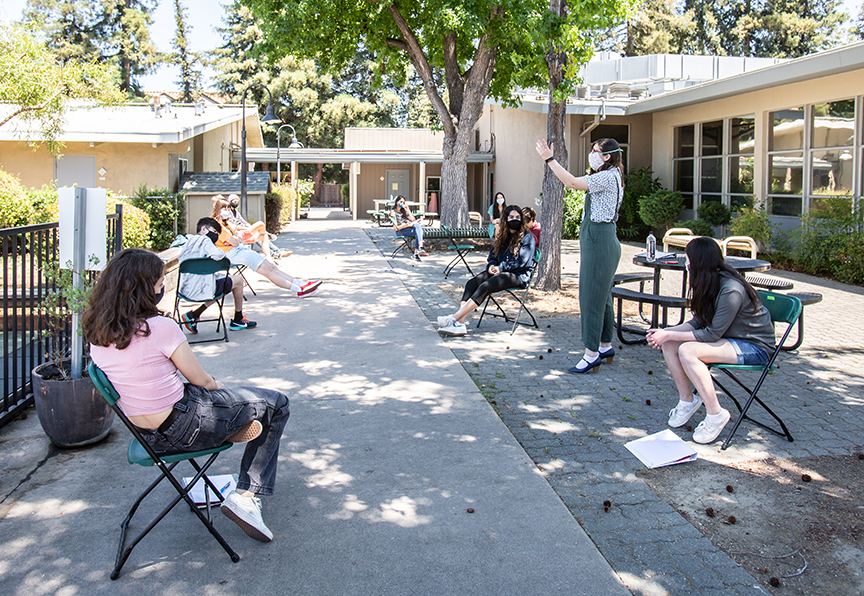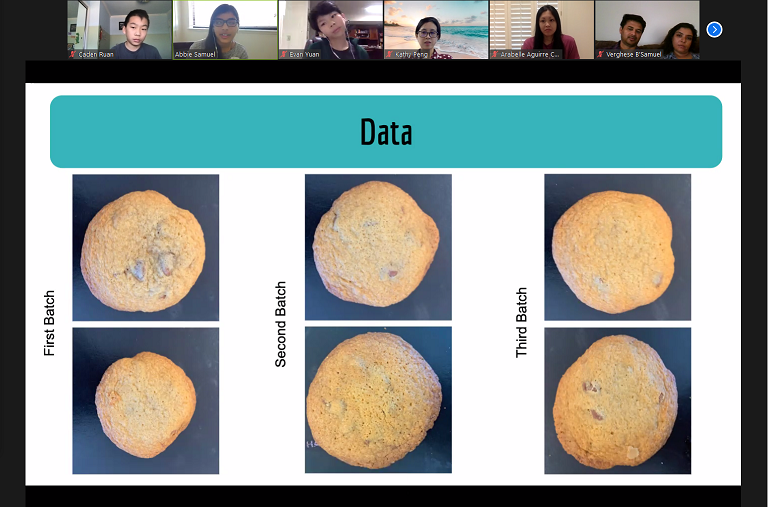This summer, Harker staff worked with Natsuko Mitsuki of the Tokyo-based GKCors program to host a virtual English Language Institute.
summer 2020
Grade 3 raises more than $2,000 for Epilepsy Foundation
Third graders held a fundraiser for the Epilepsy Foundation’s Lemonade for Livy program, raising more than $2,000.
Middle schoolers learn literary principles in Poets and Playwrights class
The middle school Summer Institute’s Poets and Playwrights class offered students in grades 6-8 fun and engaging ways to learn about the many aspects…
Summer Conservatory running well with new safety requirements
Last week, the Summer @ the Conservatory’s Conservatory Presents and Conservatory Intensive programs got off to a strong start. Students learned about a wide…
Middle school summer class teaches research principles and practices
This summer, middle schoolers with a passion for scientific research enrolled in the Summer Science Research Society (SSRS), a class in which the students…
